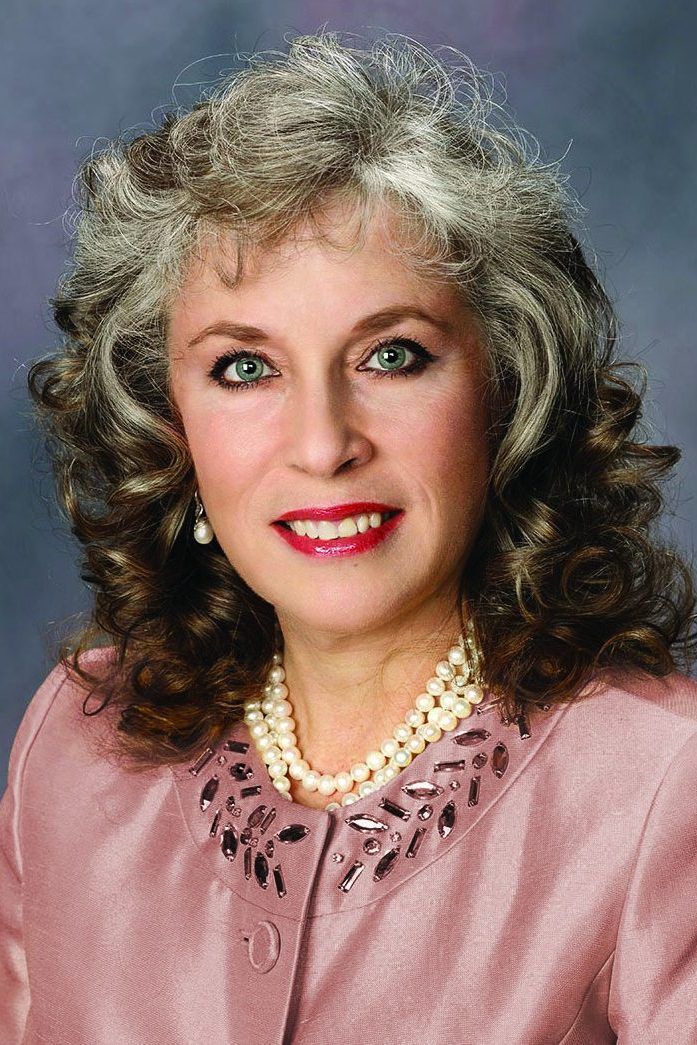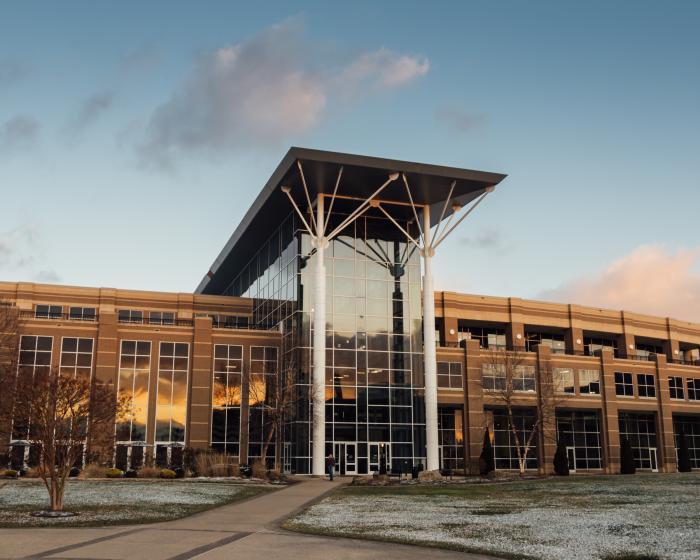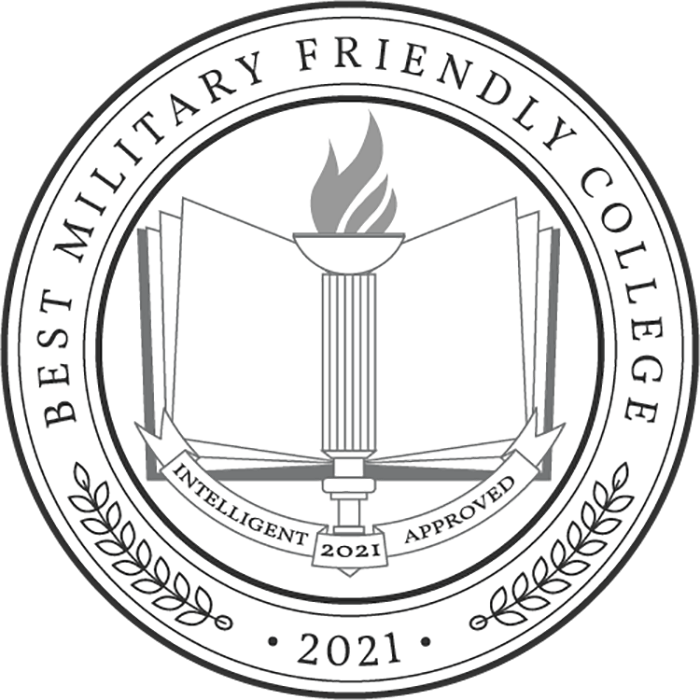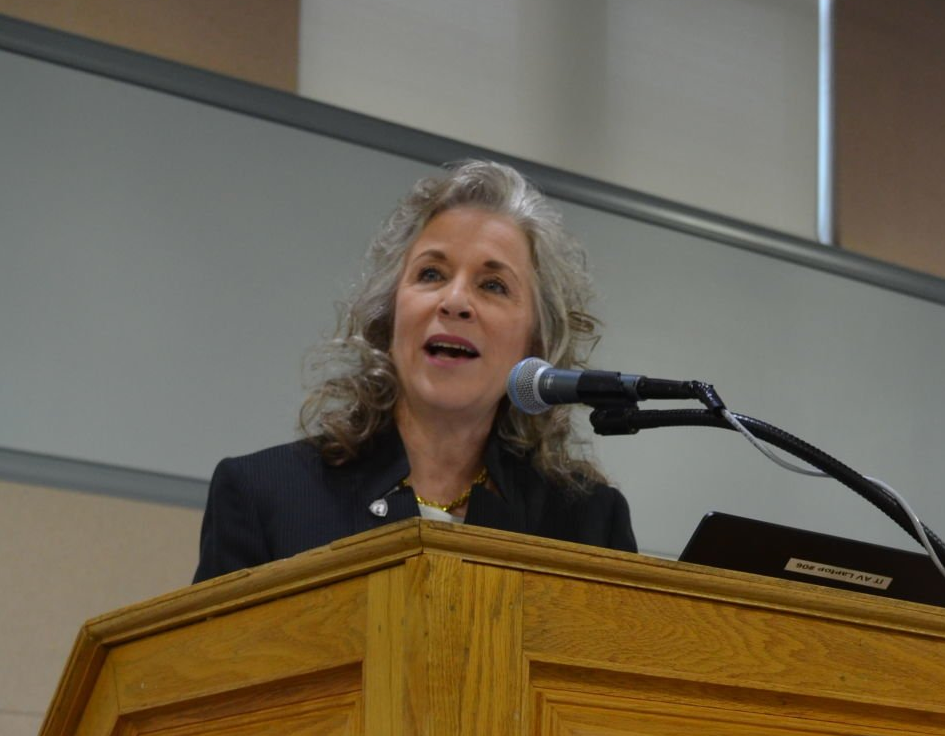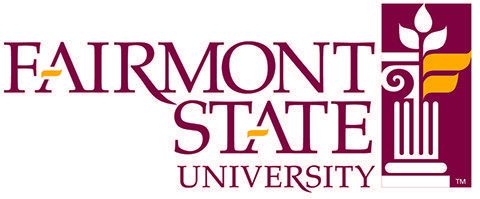Higher education leaders must be agents of change
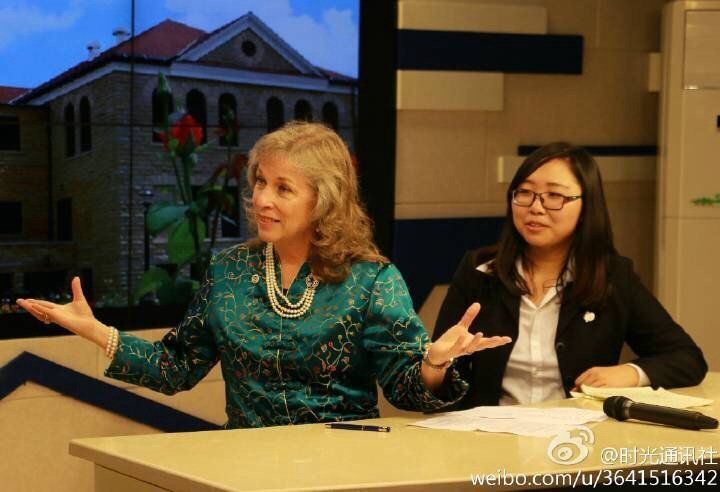
In the coming years, a changing economic and demographic landscape will confront institutions of higher learning and present the leaders of these institutions with exciting opportunities.
It falls to the President or Chancellor of the university to discern these opportunities and capitalize on them to strategically enhance programs, strengthen enrollment, and augment the university’s standing in higher education – regionally, nationally, and in the world. As the leader and public face of the university, he or she must be a passionate champion of the mission and vision, and of shared governance.
Visionary leaders will bring together all constituents to achieve the university’s commitments to excellence in teaching and research, to personalized student learning and to engaged citizenship. They will promote and support robust community dialogue and engagement. They will build institutional and broad-based support while marshaling resources to thrive and to operate efficiently.
To accomplish these goals and unify the entire constituency, the President or Chancellor must also be a principled, servant leader who exemplifies integrity, fairness, compassion and strength of character. He or she should possess an unwavering commitment to student success, diversity and inclusion.
Adding to the challenge, the university leader also must have a proven track record in fundraising and external relations, and in the development and implementation of programs that support first generation, minority and non-traditional students. He or she must be an agent of change.
What do I mean by serving as an agent of change? As the senior executive of the Reginald F. Lewis College of Business at Virginia State University and a member of the President’s cabinet, I led the College to develop a new strategic plan and to embrace new technologies. I oversaw the complete overhaul of our facilities that provided “smart” classrooms, a real-time trading center, and global “tele-presence” capabilities in our classrooms. With input from industry, we redesigned the business curriculum, and became the first college in the University to implement experiential learning and community service opportunities, international business minor, academic internships, a CEO Shadow Program, and international study-away programs.
I have a strong commitment to scholarship as I believe it provides the platform for best practices and intellectual advances. Our faculty research publications increased over 200 percent. We also restructured our operations to better meet the needs of our students without any additional expense to the University. Our initiatives became the benchmark for the University’s comprehensive strategic plan.
Innovation is at the core of institutional success. The Reginald F. Lewis College of Business (RFLCB) history by being the first school in the country to launch an integrated core curriculum, predominantly delivered in a digital format. This initiative was recognized nationally, and it earned the College of Business many accolades. Because of the digital initiative, the RFLCB realized more than a thirty-percent increase in student retention in our core courses and we saved our students more than $1,121,000 in a three-year period. More importantly, we provided our students with affordable access to knowledge. These are a few examples highlighting my personal commitment to excellence, community engagement, access, retention, and innovation.
Without change, there is no innovation. Without innovation, universities would become obsolete. For this reason alone, the President of the future will need to be a catalyst for institutional innovation, and a guardian of excellence. Ultimately, he or she must recognize learning only begins, not ends, in the classroom.
The finest leaders will be agents of change who fully understand their university’s strengths and have a well-defined plan of action to implement the necessary programs. All of these attributes will be needed to navigate the path of the future in higher education.
Mirta M. Martin
